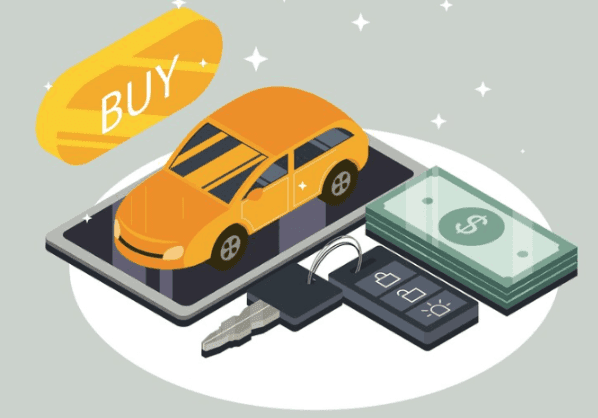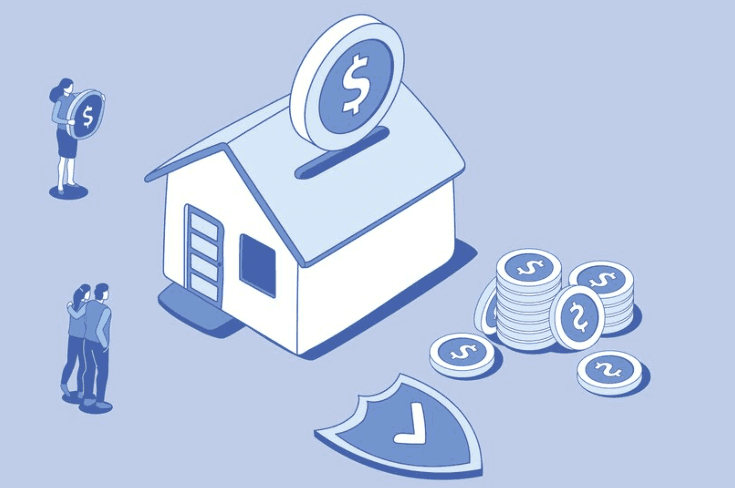📍 Nearest Location: Loading nearest location...
English

Beyond the Basics: Navigating the Insurance Maze with Expert Advice

Popular Articles
Discover In-Depth Knowledge and Insights with Our Highly-Requested and Widely-Read Selection of Popular Articles on Insurance Strategies, Tips, and Comprehensive Coverage Solutions.
Discover More Articles
We provide valuable insights, tips, and expert advice to help you navigate the complex world of insurance and make choices that align with your unique needs.
Filter Categories
Ai United Insurance Products



